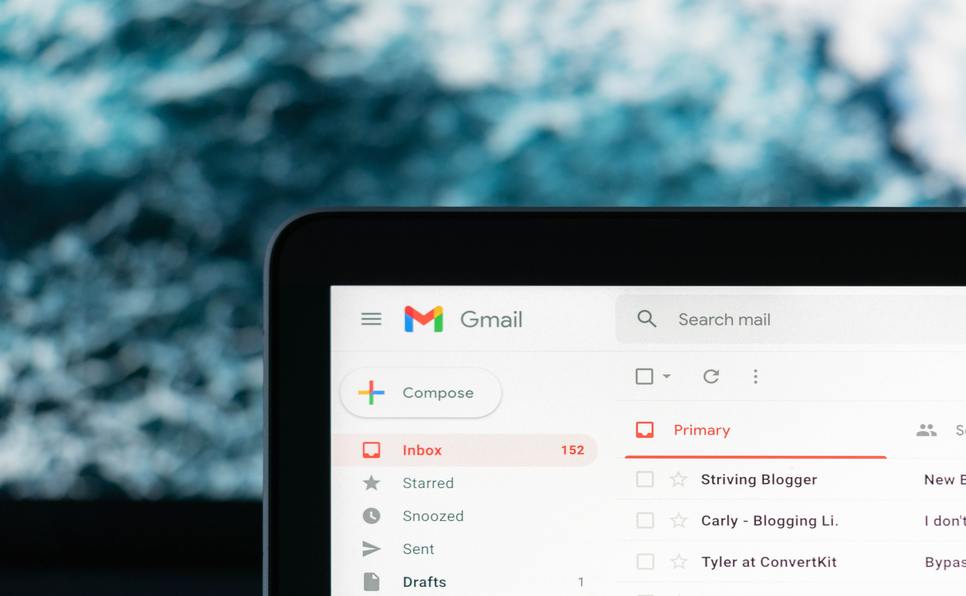It may sound like a basic question, but you’d be surprised how many aspiring authors approach us asking, “What is a query letter?”— its function, its format, and whether you need one in order to attract literary agents. We will dive into the details below, but to answer that last point: yes, you need one if you want to sign with a literary agent and pursue a traditional book publishing path. This is why the query letter is an essential piece of correspondence in your publishing journey.
What is a query letter?
A query letter is a one-page document of between 250 and 350 words, usually sent by email, that addresses a literary agent and entices them to request more materials (aka your manuscript) for consideration. Think of it as your opening pitch; a way into your writing. If your query letter works as a successful marketing tool, a literary agent will then either request a “partial” (some of your manuscript), or a “full” (the whole shebang). If they like what they read, they will then set up a call with you to discuss your project and writing career further, with a view to representing you.
The query letter as a marketing document
We know many writers who struggle with writing a query letter, because it forces you to consider your manuscript not as art, but as a product for sale. Think of it as akin to when you pick up a book and read its jacket copy—the style and tone is usually totally different from the contents of the book itself. That’s because it’s been written to attract, entice, engage, and seduce. It’s screaming for you to go and buy the book. Therefore, it is a marketing, nay, sales document. Writing to sell a product in 350 words is a very different skillset to writing a romantic suspense novel in 80,000 words, for example.
The query letter as a professional document
Just as you would write a professional cover letter with a job application, you should consider your query letter as a professional document. These kinds of documents take time and effort to carefully craft. Don’t be deceived by its brevity or apparent simplicity, query letters aren’t easy and require several iterations to get exactly right. And even if you think you’ve written a killer query letter, statistics point to the fact that you’ll probably receive multiple literary agent rejections before an offer of representation. Don’t beat yourself up if you struggle to write one; many writers do. Hey, nobody said it would be easy…
The query letter as a storytelling device
Again, consider how jacket copy is written. It reveals the story, slowly, enticingly, and never reveals the ending. It drags you in using a mere couple of paragraphs and never lets you go. Two paragraphs! That’s nothing in the grand scheme of your 250+ page manuscript. You’re never going to be able to fully convey your entire story in such a short space, but you can reveal tone, detail, style, genre, character, setting, and more. You just have to be extra economical with language. Ensure you are sharing the right story beats—almost always where the tension, or heat, of the story is. Get to the juicy part(s)! The last thing you want is an agent thinking: “Meh. So what?”
The query letter vs. the book proposal
You may have heard the term “book proposal” being thrown around by agents and editors. Book proposals are only for non-fiction projects, and, unlike fiction, do not require the book to have been written before securing an agent, or even a publisher. However, if you’re writing memoir, the lines can be a little blurred, and you may require either a query letter or a book proposal. In general, query letters are for novel-length works of fiction, and book proposals are for any kind of non-fiction.
What is a query letter vs. what a query letter is not
A query letter is not an excerpt from your book. It is not your resume. It is not a list of your publishing credits. It is not your life’s history or goals. It is not a place to be humble, or to brag, or to try to be “different” or cute. It is not where you include your family or friends’ opinions on your book. It is also not a place to talk about rejections or near misses. It is not a casual chat between pals, or a an embarrassingly sycophantic kiss-up to a literary agent (literary agents are just people, too). Agents hate all of these. Nor is it a place to predict, or worse, pander to market trends. So, what is a query letter, again? Once again: a query letter is a short and sweet marketing document with a single goal: to get a literary agent to request materials. Never lose sight of this goal.
Do you need to have finished your book before you write your query letter?
No. You can write your query letter in tandem, or even when you just have an idea of the basic plot (hint: you have to know where your story is going, although you don’t necessarily need to have written the ending). However, don’t physically send out your query letter to literary agents until your manuscript is as polished as it can be. Why? An agent might request materials before you’re ready, leaving you in an awkward situation (the last thing you want is to have to email them with a “Psych! Not ready yet!”). While “finished” is subjective, you should at least feel confident that what you’re sending gives you the best shot and truly represents what you want it to. This is your first impression on a literary agent, after all. Why risk it just for the sake of a few more weeks or months? We’re talking about your entire literary career.
What is a query letter + synopsis request?
Sometimes, literary agents will request that you send a query letter in the body of an email, plus a one-to-two-page novel synopsis pasted below, or as a separate attachment. A synopsis works a little differently: it’s a play-by-play account of your story, and usually includes the ending, whereas the query letter never gives the game away. Always follow the literary agent’s instructions—if they ask for both, send both. If they ask for just the query letter, send just the query letter. Don’t send a synopsis regardless.
What goes into a query letter?
We’ve written at length about the anatomy of the query letter, but here’s a brief reminder for when you are sending out your query letter (normally via email):
- Subject line
- Address (Dear Agent’s Name)
- Brief introduction and personalization (optional)
- Hook
- A couple of story paragraphs highlighting the plot, character(s), and themes
- Book meta data (genre, title, word count)
- Marketing comparison (it’s like x with a little bit of y thrown in…)
- Bio including relevant credentials
- Sign off (thank them for their time and consideration)
- Contact details (email, phone number, website URL)
What makes a query letter successful?
Different literary agents will give different answers to this question, but a successful query letter is one that is always:
- Professional
- Well-researched and shows that you’ve done your homework on your subject matter
- Well-targeted i.e. sent to the correct agent acquiring for your genre
- Engaging, original, and compelling with a killer hook
- Specific
- Skillfully highlights the tension and conflict—what does the main character want? What’s stopping them from getting it?
- Error-free and proofed to within an inch of its life
- Follows the submission guidelines
- Follows the formatting conventions
Remember: a literary agent is looking at your query letter and wondering how they can sell your project and you, its author, to publishers. Literary agents work on commission and don’t earn until they sell, so they’re taking a risk on you. We often hear writers complain about the agent-writer power dynamic, but it’s also their valuable time and effort that they’ll be ploughing into this professional relationship for potentially years to come. Give literary agents every reason to want to help you sell it! It all starts with writing a successful query letter.
Why does a query letter matter, really?
Simply put, a well-crafted query letter is the difference between an open door and a rejection. That’s why it matters. It’s the very first step in building your professional author relationship with a literary gatekeeper. This precious relationship could ultimately result in book deals, sales, and the launch of your author career. Having a literary agent in your corner signals to the publishing industry that you are a Real Writer. It’s also amazing how many literary agents use the bones of the query letter to prepare their pitch letters to acquisitions editors. So the next time you ask “What is a query letter?” and why you might need it, remember that this might just be the most important marketing document you ever write. Still need help with how to edit your query letter? Try our query letter editing service, The Query Doctor.
Recommended reading
Here at Aspiring Author, we love recommending bestsellers and fawning over hot new releases. On this real time recommended reading list, you will find a list of top rated books on the publishing industry, craft, and other books to help you elevate your writing career.









